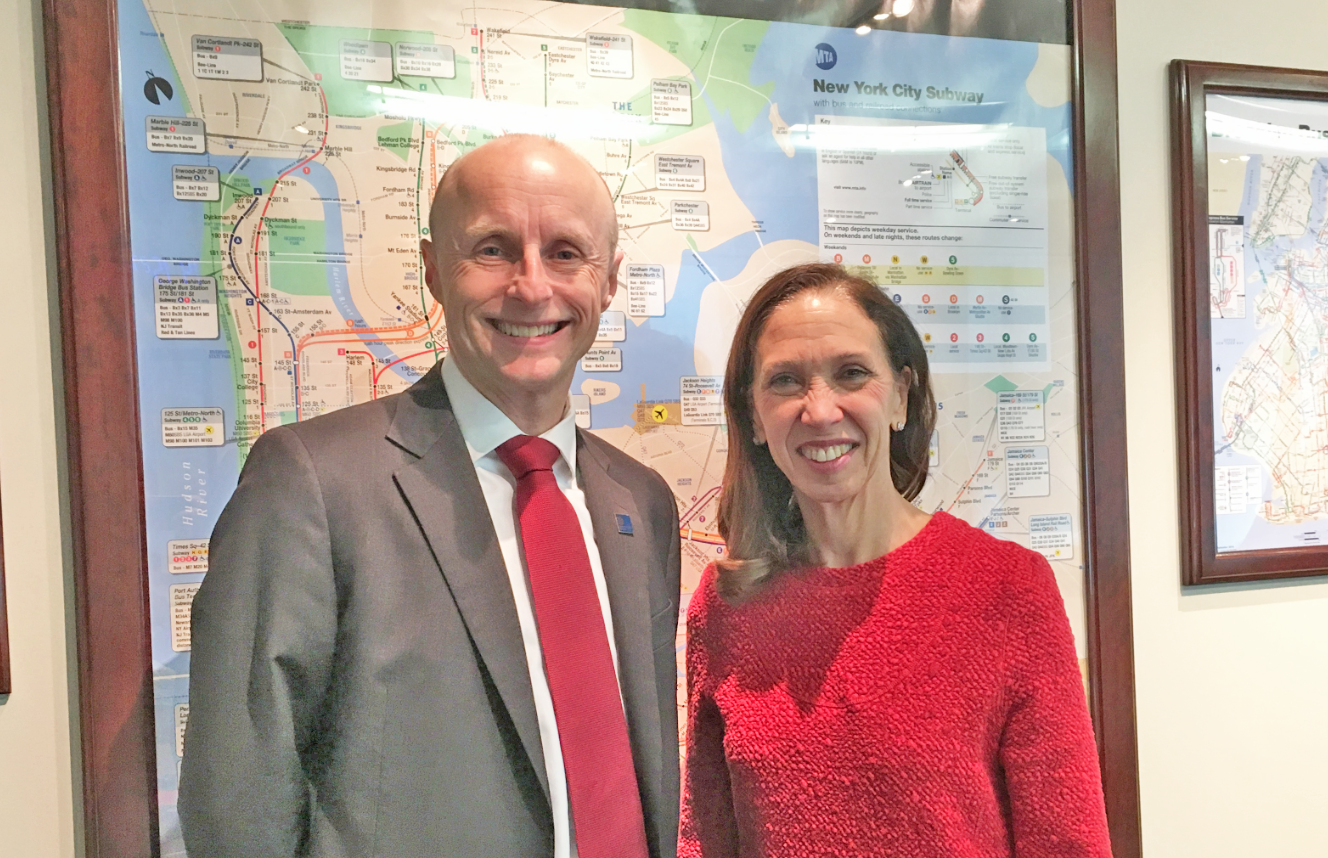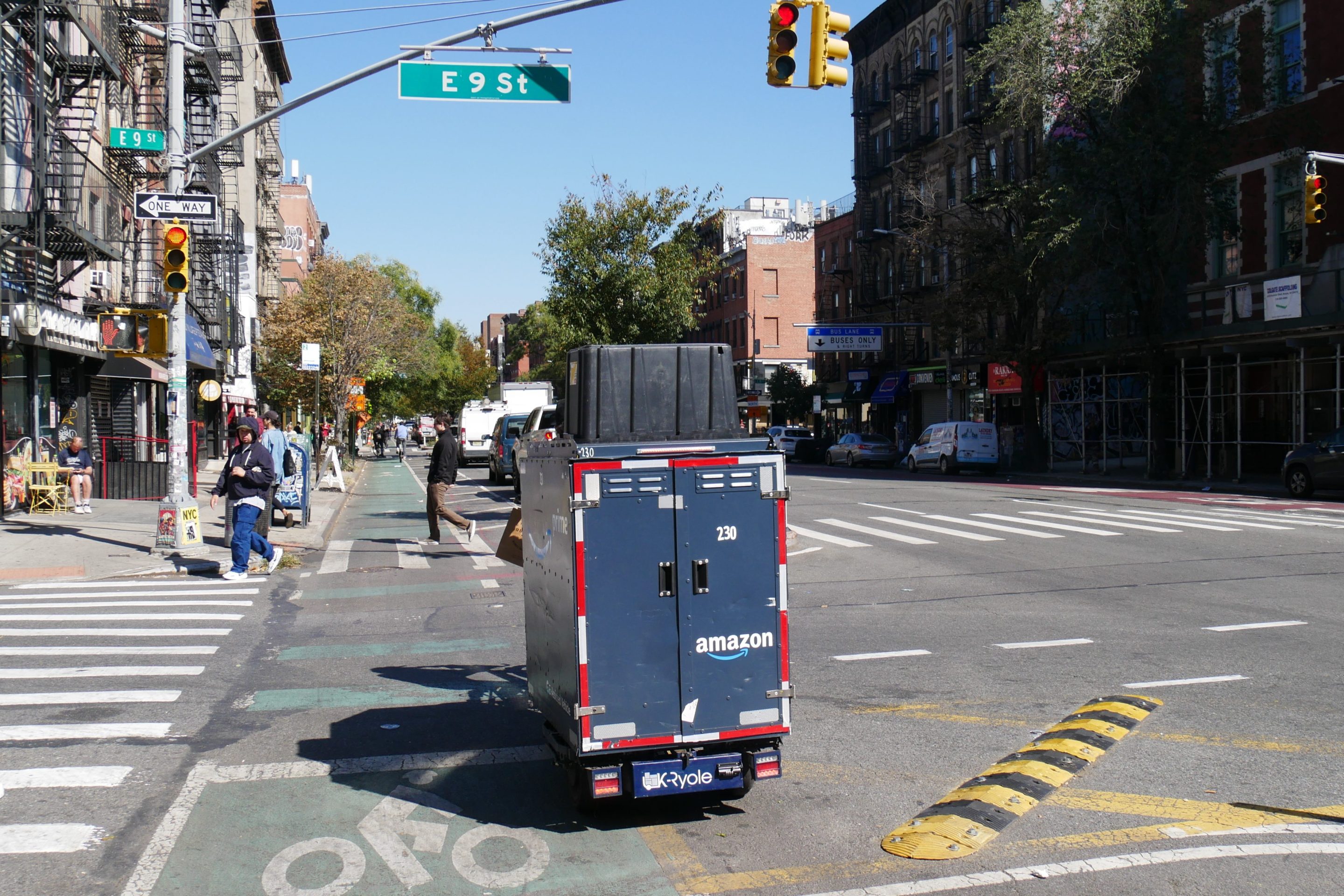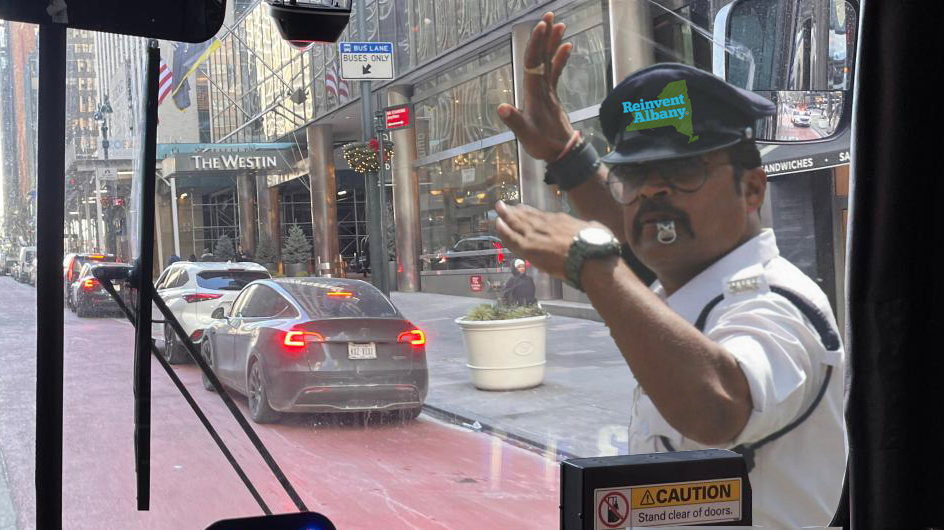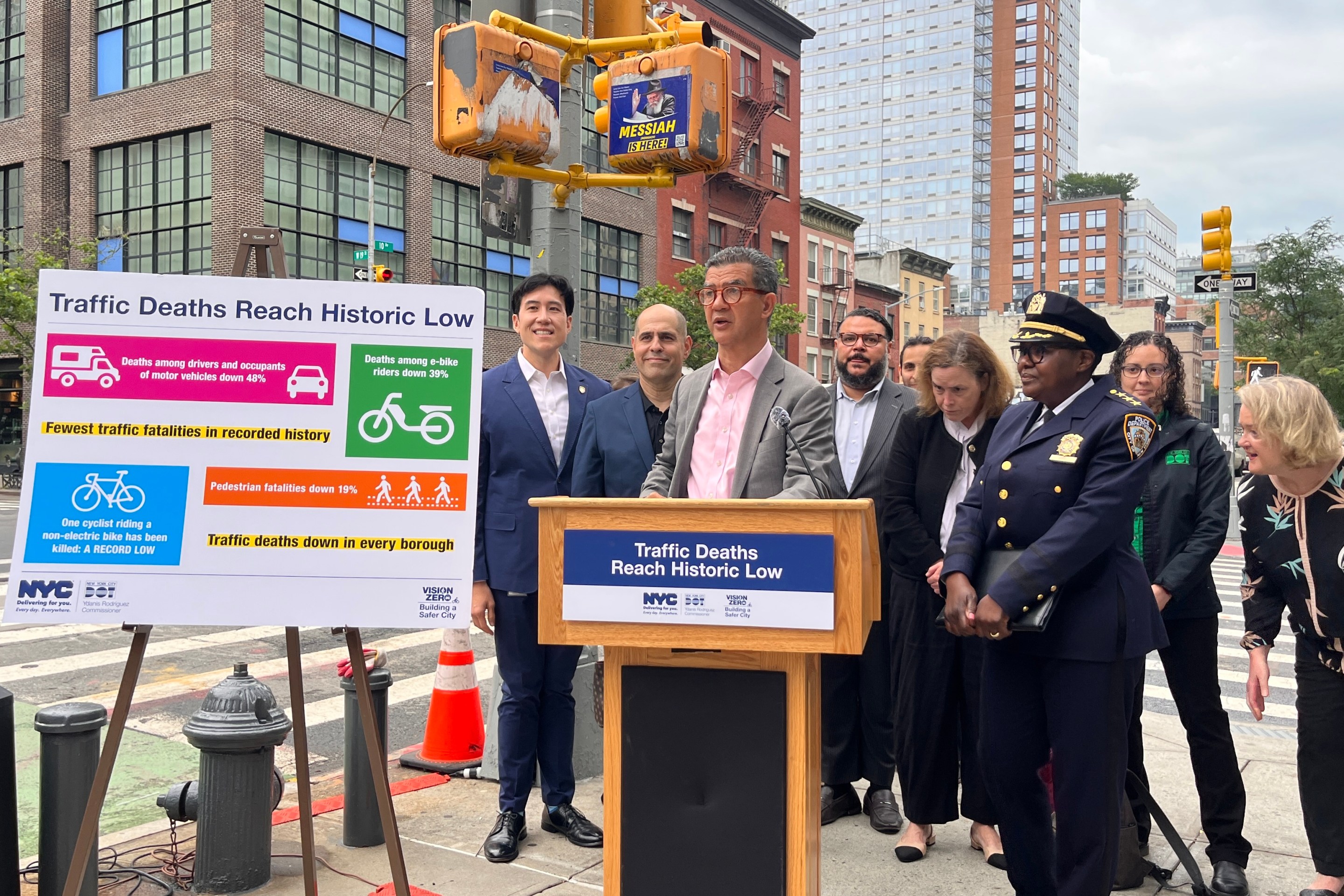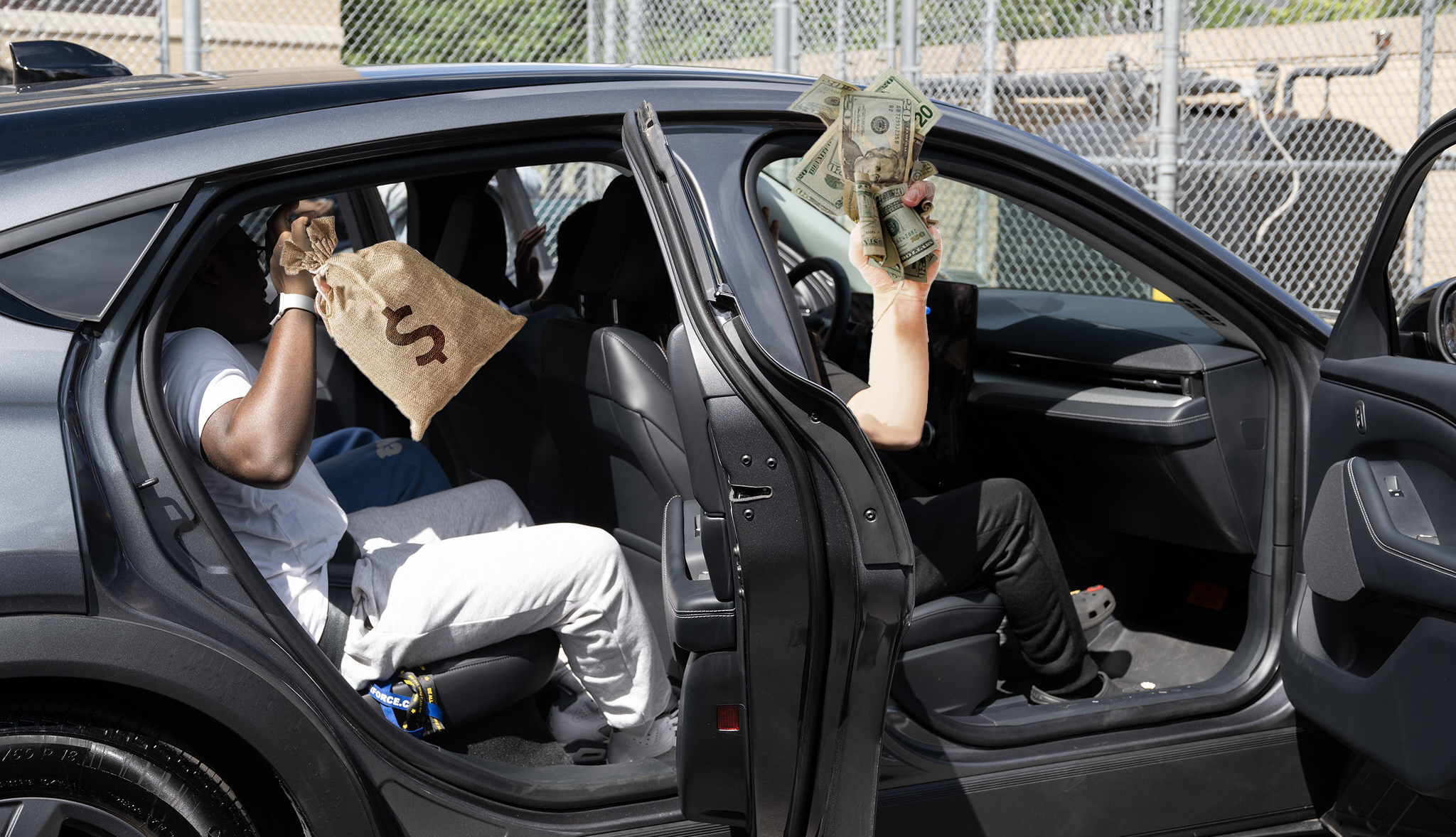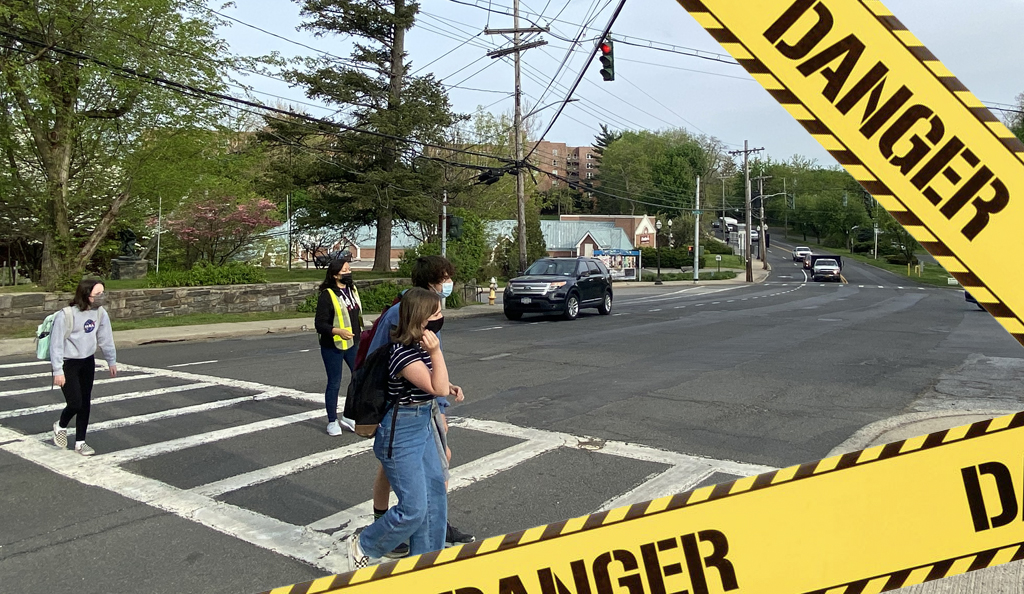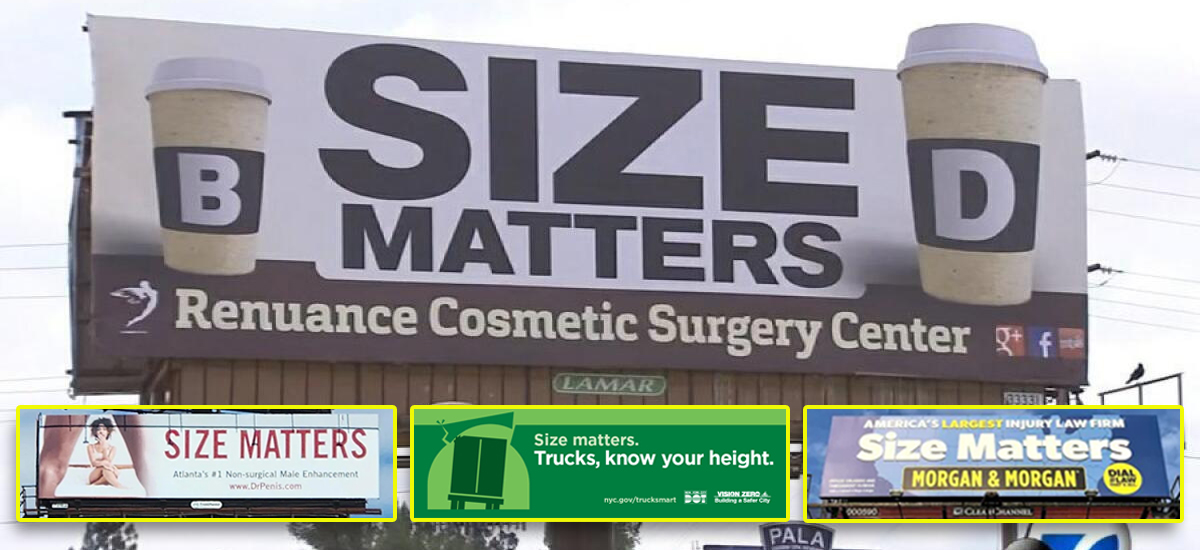Assembly Member Amy Paulin wants to be a champion for New York's beleaguered subway and bus riders.
But unlike her predecessor, Bronx rep Jeffrey Dinowitz, Paulin hails from suburban Scarsdale, not New York City. Dinowitz used his close proximity to transit riders to build relationships with advocates. To much acclaim, he amplified their campaigns, both in media and amongst his Assembly colleagues.
But as head of the Assembly's Authorities and Corporations Committee, he was loathe to hold oversight hearings — and never did.
In contrast, Paulin, who took over the all-important committee earlier this year after Dinowitz got a different assignment, has promised hearings. She's also taken on a role as the Assembly's representative on the so-called "MTA Sustainability Advisory Working Group," which has been meeting in secret for the last few months to address the myriad issues facing the agency.
Streetsblog spoke to Paulin earlier this week about her 2019 committee agenda.
You represent Westchester County. How can New York City residents count on you to look out for their interests?
Well, I did grow up in Brooklyn, in East Flatbush. I did live in a transit desert. I needed to take a bus to the subway, I did that my whole childhood.
I have a husband who commutes [by train]. I have a son who lives in Brooklyn. What I don’t experience, I hear about. And I know the importance of the city to the people [in Westchester] who I represent, who are often in the city — as am I.
The truth of the matter is the Park Avenue train shed and the Park Avenue viaduct — which serve a great number of commuters from the Bronx and Westchester — if it’s not repaired, we won’t have a commuter rail. It leaks and it’s old, and we don’t want to get to the point where people think the subway’s gone, but [Metro-North] is near behind.
So you see yourself as a champion for subway riders?
Absolutely. 100 percent. Without an effective transit system, New York wouldn’t be what New York is, and it won’t continue to be what New York is. It’s everything to us. It’s people’s jobs, it’s people’s livelihood. It’s their recreation. It’s what made New York great and we can’t afford to lose it — or let it deteriorate any further.
You say you will hold oversight hearings. What do you want to get out of them?
There was a hope and expectation that Fast Forward would start sooner, so we need to hear more about financing and the ability to do that. We need to have the MTA in and talk about their financing, and where they’re at and why they’re at the point.
Something that we’ve heard about with regards with capital and construction costs, and that there’s an automatic built-in cost of 25 percent. Why? Why? Because the bureaucracy is so difficult. If we really want to get these things done quickly and cost effectively, we need to get at what are those issues, what is that approval process, what is going on internally that doesn’t allow the projects to be done in the most cost-effective way.
They need to demonstrate to us how they’re going to address that. If we’re going to put the public’s money there, we have to have the assurance that it’s going to be used in the most efficient and wise way.
The MTA is almost a composite of agencies, as opposed to working smoothly under one [roof]. There’s a lot of bureaucracy and a lot of problems in how it’s structured, and a lot of problems with the culture that that structure has created.
What’s your take on the MTA’s financial situation?
It’s dire. Regardless of whether or not we believe they were effective or efficient in the way they spent money in the past, they have no more money to spend. They have no more money to bond for capital projects. Without an infusion of funds, you can forget Fast Forward — we won’t even see “slow forward.”
As I’m sure you know, the MTA must exhaust all funding sources, including borrowing, before the state fulfills its $8.3-billion capital commitment. That means annual debt repayments, which come from the operating budget, are going to grow. Are you concerned by that?
We have to look at advancing the state money, which is tied the city’s money. If the city advances [its contribution] as well, it will help the MTA decrease its anticipated [operating] deficit.
Not entirely eliminate it, but decrease. The MTA’s current administration knows that they have internal reforms to make. An example: They have lawyers in every department, they do procurement in every department. Do they need to bring those under one umbrella to be more efficient? There are a lot of those internal operations that need a good fix.
Gov. Cuomo opposes the fare hikes scheduled for 2019. Do you?
Look, it’s hard to have a fare hike at the same time when the service has been so poor. It’s very difficult to call on people to pay more. Yet if they don’t [raise the fare], we’re going to have a big [funding] gap. I understand both sides. I think both positions have merit. But I am not going to be standing on a bully pulpit telling the MTA to raise fares.
Do you support congestion pricing?
I do. I think the momentum is growing. I don’t know that we’re there yet. When we get back up [to Albany], I’ll see what my fellow legislators think. We have a lot of people to convince.
This interview has been edited for length and clarity.

